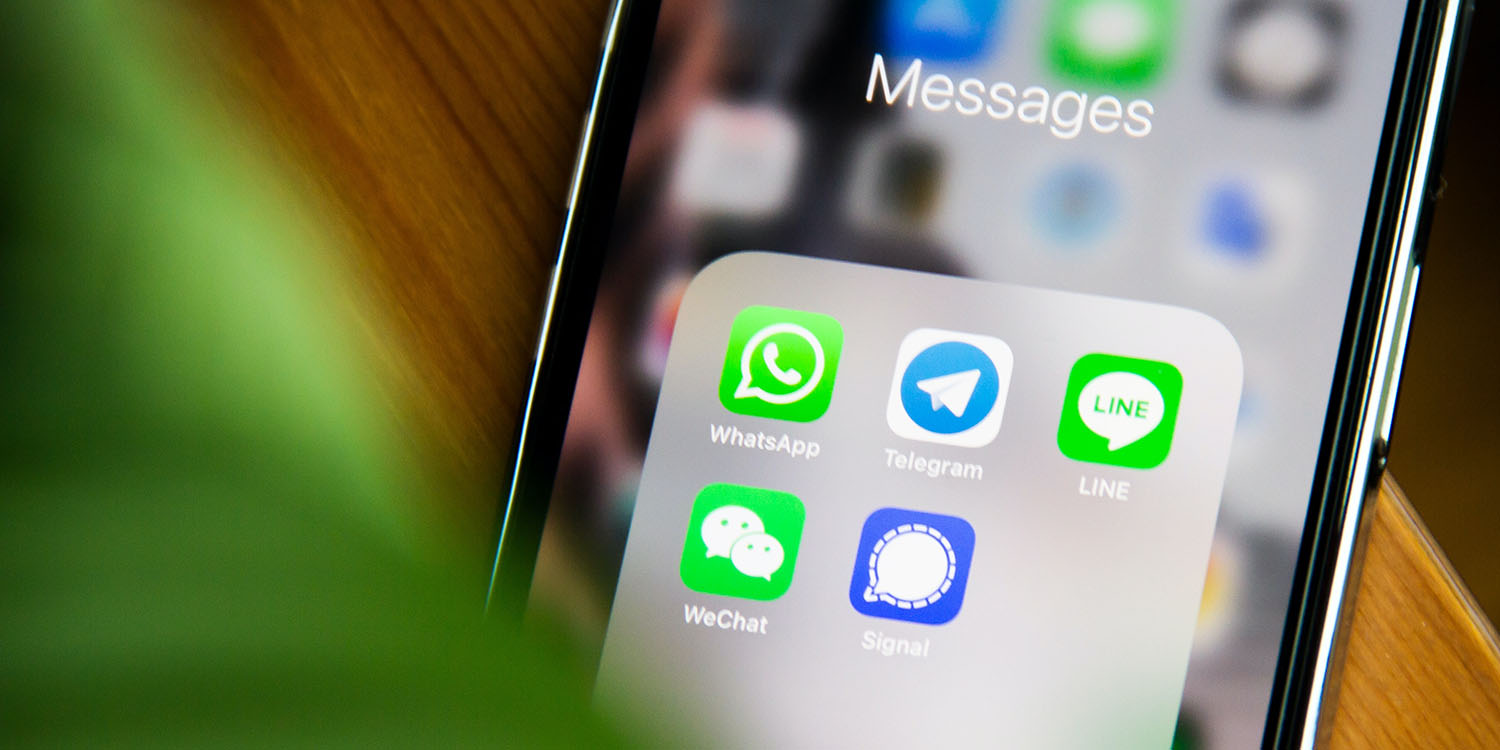
If you’ve ever sent or received photos or videos via WhatsApp, you’ve probably been frustrated by the awful quality of them. The chat app down-rezzes both to a truly appalling degree. But a new update to the iOS app fixes this by finally allowing images and videos to be shared at full quality.
The update is currently rolling out for the iOS app, but not yet for the Android one …
WhatsApp photo and photo quality
When you send a photo or video via iMessage, recipients get the full-res file. Not so with WhatsApp: To save bandwidth, the app reduces the resolution of both, to a degree that often makes them look terrible.
WABetaInfo noticed that this is finally changing in the latest version of the iOS app now rolling out.
In the article about the WhatsApp beta for iOS 23.23.1.74 update, we announced that WhatsApp was introducing a feature to send photos and videos as documents to preserve their original quality, and it was available to a limited number of users. This enhancement finally allows users to quickly share photos and videos with their original quality, without the need of following multiple steps.
A few days ago, WhatsApp has released the 23.24.73 update for iOS on the App Store. Thanks to the official changelog provided by WhatsApp, we discovered that this feature is finally rolling out to everyone with the latest update!
The “multiple steps” referenced was the previous workaround of changing the file extension of a photo or video to some other supported filetype (like PDF) and the recipient changing it back again.
How to send full quality photos and videos
The app still defaults to down-rezzing. To send the full-resolution version, hit the + button in the usual way, but do not select Photo. Instead, tap Document, then select Choose Photo or Video from there.
Note that the recipient doesn’t see a preview of the photo or video when sending using this method – they just see the filename.
The site notes that only the iOS app is getting this feature for now. This is unusual, in that new WhatsApp features normally roll out to Android first.
FTC: We use income earning auto affiliate links. More.





